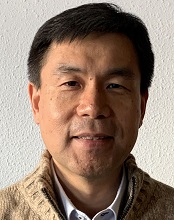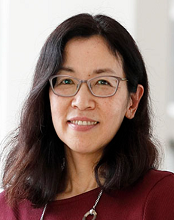
Takuro Iwasa
Takuro Iwasa was a visiting researcher at UAB (Universitat Autònoma de Barcelona) in the academic year 2019-2020 and is associate professor at Osaka University of Economics in Japan. He received his PhD in History and Civilization from EUI (European University Institut) in Italy. His research interests focus on the changing European academic images and stereotypes of Japan since the 1970s. He is the author of “German and European Academic Images of Japan: The ‘Group Model’ and the ‘Cultural Importer Model’ from the 1970s to the 1990s,” in Mutual Perceptions and Images in Japanese-German relations 1860-2010, edited by Sven SAALER, KUDO Akira and TAJIMA Nobuo (Brill, 2017) (pp. 409-424). His principal publications include “Difference and Uniqueness in European Academic Images of Japan” (Studies in Comparative Culture, 2016) (pp.17-27) and “European Dichotomous Paradigms and Japan’s Images. ‘Self and Other’, ‘West and East’, ‘Eurocentrism, and Orientalism” (Studies in Comparative Culture, 2011) (pp.1-12).
takuro2001iwasa@gmail.com
ResearchGate
Orcid

Ayumi Takenaka
Ayumi Takenaka is a sociologist (with a PhD from Columbia University, USA), specialised in the areas of immigration, diasporas, and food studies (especially in Peru). After having taught in the US (at Bryn Mawr College) and the UK (Oxford University and Aston University), she is currently associate professor of Sociology in the College of Global Liberal Arts Studies at Ritsumeikan University, Japan.